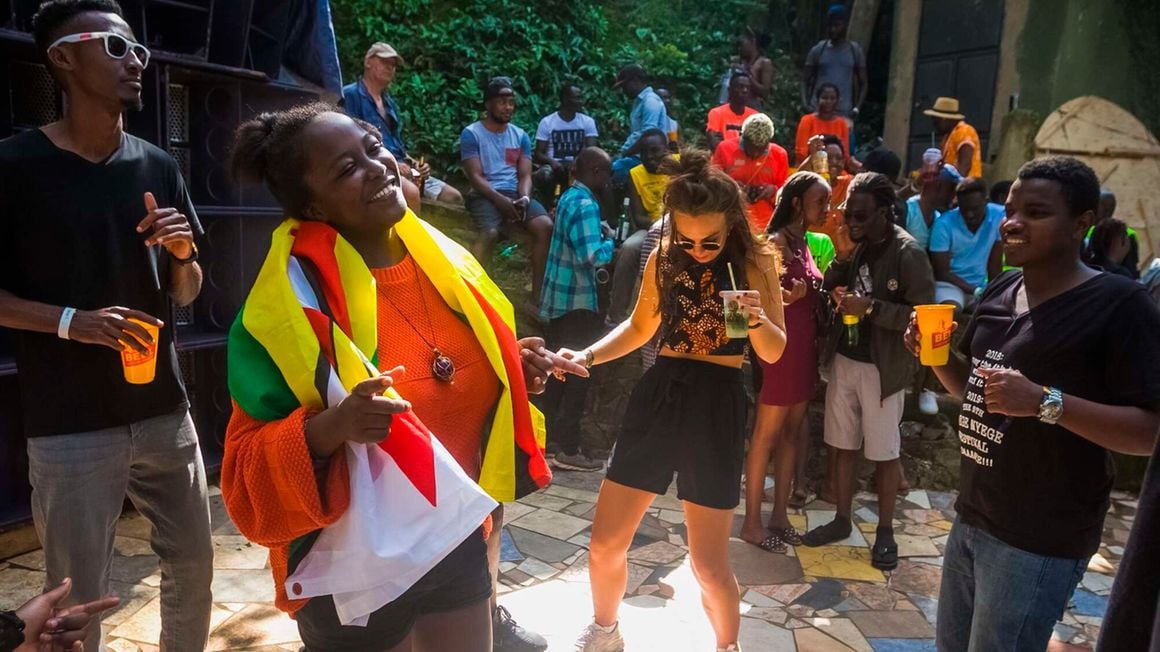Nyege Nyege Music Festival, which has been the centre of attention every September when it is hosted in Uganda, has been postponed to November, further adding to its past struggles with image.
And this year, organisers are scrambling for sponsors with previous partners not showing interest due to persistent criticism of Nyege Nyege for purportedly promoting sexual immorality.
“We still have three months to go. Announcement coming up any day now, hope ya’ll still ready for it because we’ve never been so excited to share the good news with you,” organisers of the event said on social media last week.
"MTN Uganda, which has been the flagship sponsor of the festival for the past few years, will not be the title sponsor for this year’s event," organisers said.
MTN Uganda’s communications team did not respond to our request for a comment on why the firm pulled out of the event by the time of filing this story.
Arlen Dilsizian, one of the organisers of the festival, told The EastAfrican that this year’s edition will take place in Jinja on November 9-12 and that the event is organised “in partnership with the City of Jinja and the mayor”.
"This time round, Uganda Breweries will be the main sponsor," he said.
First staged in 2015, Nyege Nyege International Music Festival – which caters to electronic dance music enthusiasts – has been attracting thousands of fans from across the globe.
However, the event has been facing a backlash from Uganda’s Parliament, which has on several occasions accused the organisers of promoting sexual immorality and undermining the country’s cultural values.
Last year, Parliament had banned the four-day festival just a week before it was to take place. However, Robinah Nabanja, the country’s Prime Minister, eventually gave the organisers a go-ahead after meeting with the MPs. By GILBERT MWIJUKE, The East African






